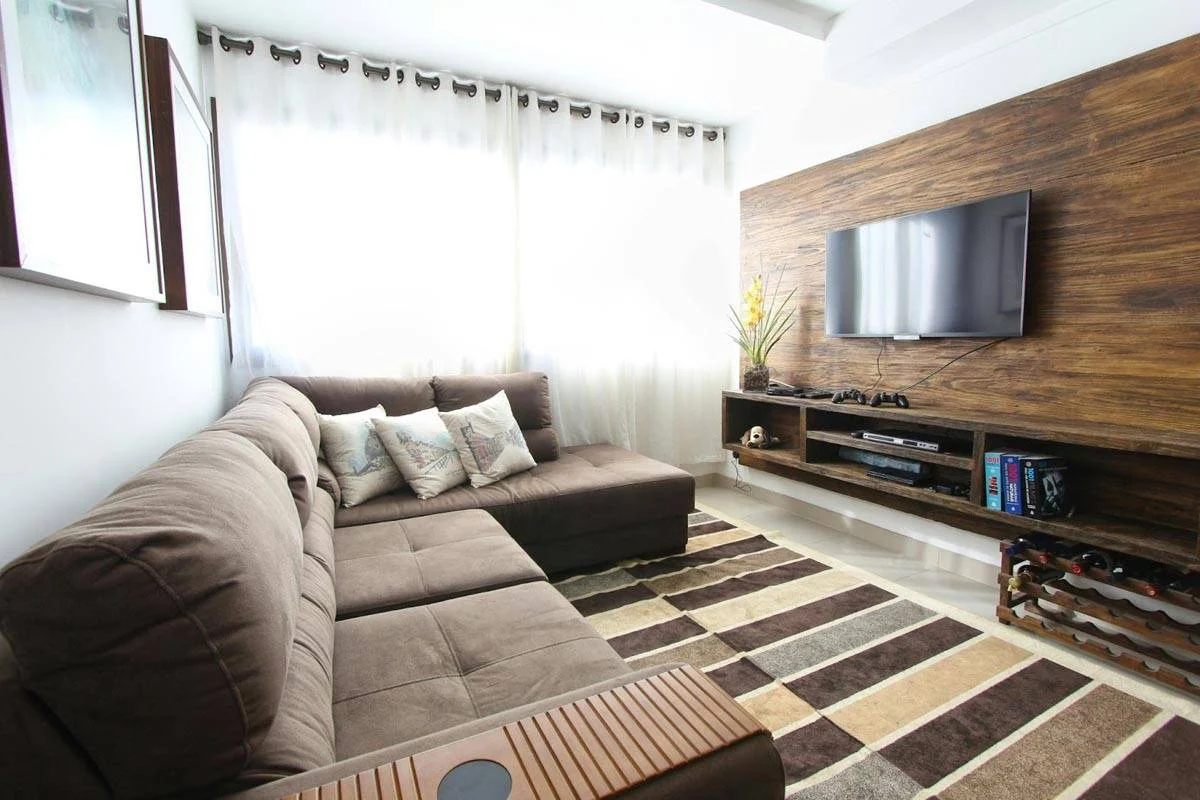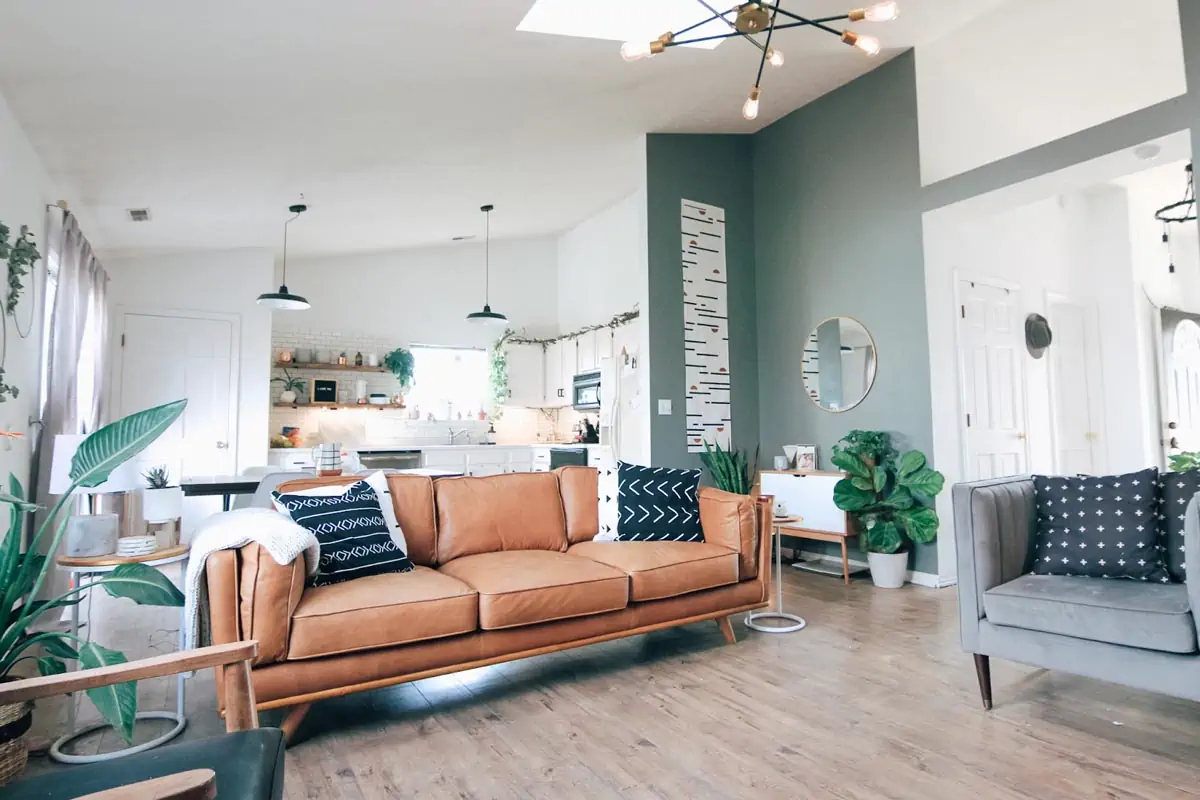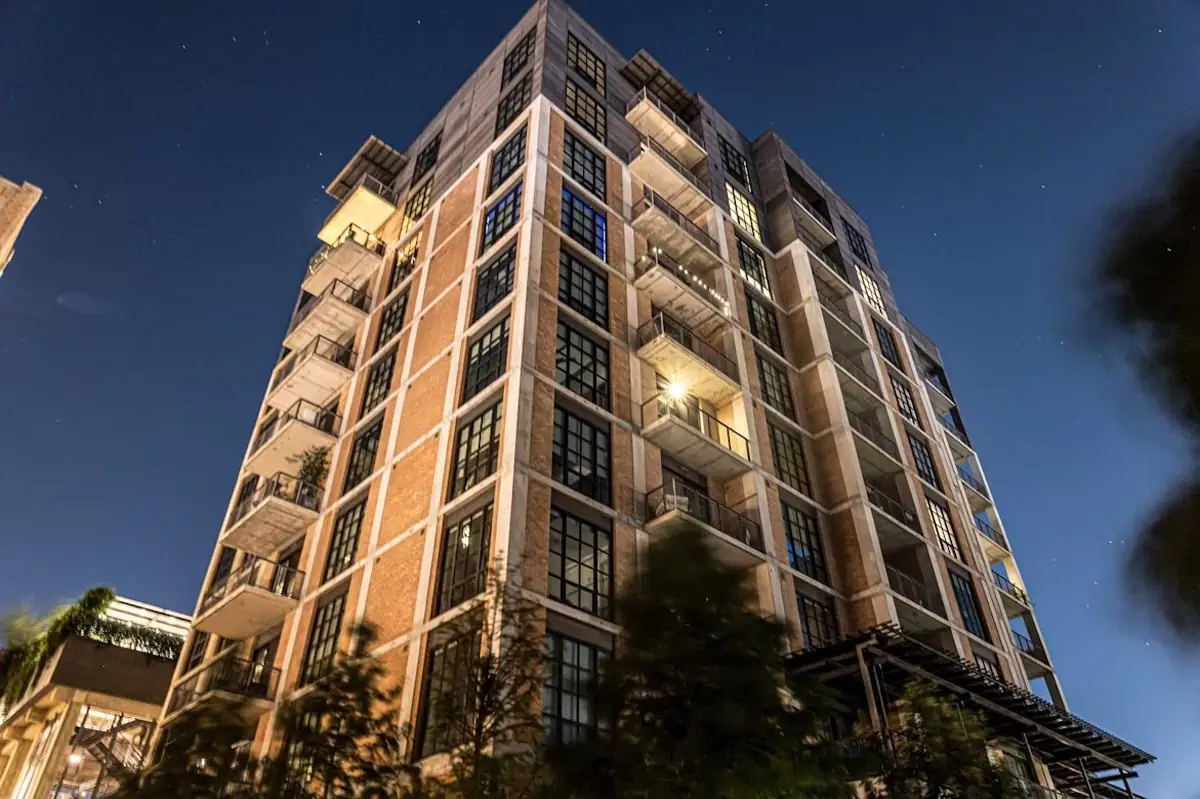Today, many are likely to rent a space than buy one. This is because people don't have to worry about paying the annual taxes or fixing the lights, faucets, etc., when renting. It is the landlord's responsibility to do all of these things. They don't have to spend money on such things, giving them the chance to save money instead.
But with many choosing the leasing way, we often hear complaints about having unreasonable landlords. Reasons differ, such as irrational evictions and a sudden huge increase in rental fees. Some would ignore these and some would fight for their rights. But do we really know what these rights of tenants are?
The first rent control law was made in 1984. Since then, it has met constant reforms and amendments to meet the changing needs and demands over time. The latest amendment was on July 14, 2009, signed by then President Gloria Macagapal-Arroyo. These changes are set to take effect until December 31, 2013. This is in provision of the law that every three years, there is a need to look into the current state of the market and standard of living. But until then, here are the things that we should know about our leasing rights.
-The law covers all residential units located in the National Capital Region (NCR) and highly urbanized areas. This covers monthly rents between the range of Php 1.00-Php 10,000.00.
-If you have been staying in your space for years now, then your rental fee shall not increase by more than 7%.
-If you are leasing in a boarding house, a dorm, or a bedspace, there shouldn't be an increase of rental fee of more than once in a year.
-If you are just going to rent, then you should know that an owner can demand only two months deposit or one month advance from you.
-Once rented, you are required to pay on the day set by the agreement. If there is none, then you should pay on the first five days of the current month or during the beginning of your agreement.
-If your lessor refuses to accept your payment, you can either send your payment through a bank, a barangay chairman, a court, or a municipal treasurer. You can continue doing any of these options if the owner continues to decline your payment.
-You have the right to stay in your rented space despite a change in ownership or mortgage.
-Your landlord should give you at least three months of formal notice in case he/she needs the space for his personal use.
-You can also be ejected if there is a need to repair the unit. But once the repair works are done, you have the first preference to rent the unit within the range of a reasonable rent increase. But if the building is to be condemned, then you have no choice but to go out of your space, nullifying the said law.
-If found guilty of any of these violations, he/she has to pay Php 25,000-Php50,000 and be imprisoned for a period of one month plus one day to six months.
So if you’re experiencing any of these violations, don’t be afraid to speak up. Fight for your rights and what you are paying for. Go and file a proper complaint to the authorities.
Source: Congress.gov.ph








